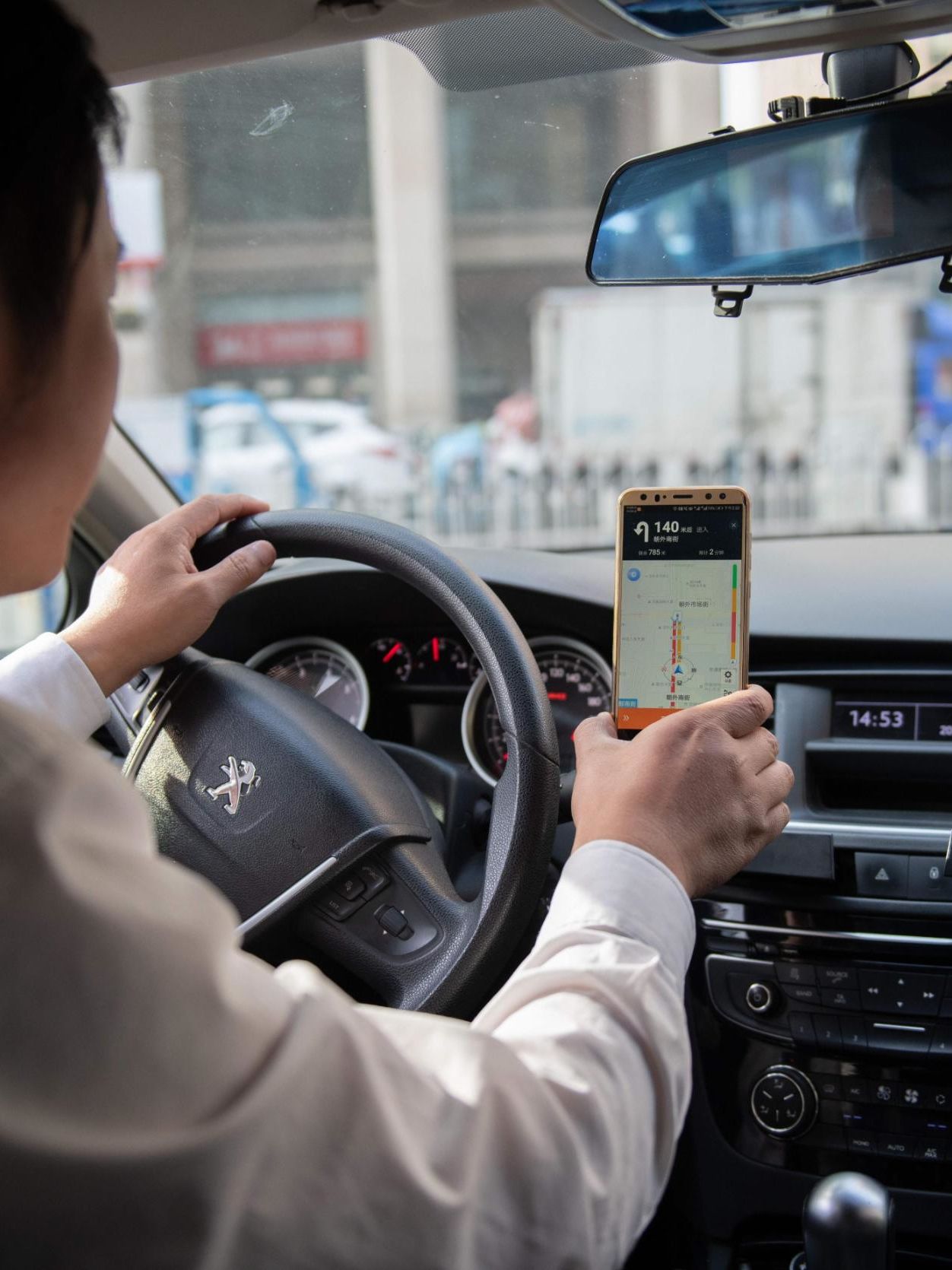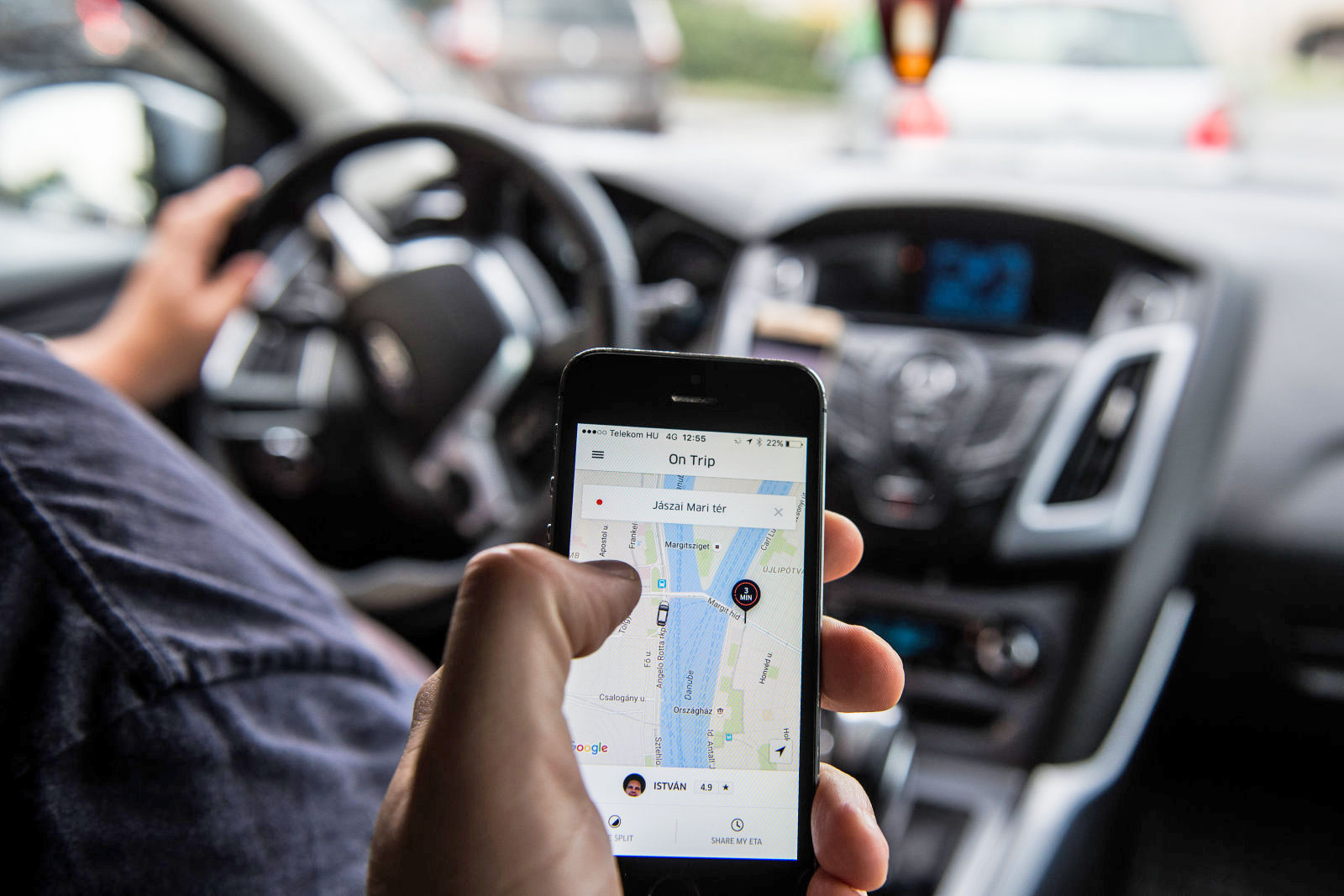When you use an experience-hailing app, you tell the employer where you are and where you’re going. That’s all nice and precise if those companies, without a doubt, will not use your facts. However, some don’t have a stellar reputation for privacy. That’s why a crew of scientists from the École Polytechnique Fédérale de Lausanne has advanced a new ride-hailing generation that encrypts your travel records and hides them from the app’s builders themselves. They failed to Planet Amend even to patent their technology if Uber or its rivals are interested in adopting it.

The researchers named their software ORide for “Oblivious Ride” because the handiest folks who can see the information about your transaction are you and the motive force you pick. When you heat it up, it receives encrypted facts about your area and the drivers close to where you are. After you pick out a driving force, ORide will send him your information and vice versa. The most effective facts the ride-hailing company will see are the gap traveled and the cost of the trip as a way to calculate its fare cut.
A technology like ORide will save trip-hailing companies from creating something that violates customers’ privacy, like Uber’s God View, the firm’s notorious application that employees could use to look up customer information. It came to light after Uber’s New York general manager playfully revealed to a Buzzfeed reporter that he was monitoring her journey. After the New York Attorney General’s office regarded the difficulty, Uber became required to purge customers’ identifiable information and restrict access to the app. But this is no longer all the organization did: in step with the latest report using The Information, Uber also ran a software called “Hell” that spied on its drivers who were also running for Lyft.
Team member Jean-Pierre Hubaux says ORide works similarly to some other trip-hailing apps. You can still use your credit card to pay because it is designed now not to offer entire anonymity; however, it is very hard to listen to tosengers’ and the drivers’ actions.” Additionally, its most effective encryption “adds just a few milliseconds to the quest time,” and doesn’t impact the revel. However, any business enterprise adopting it must tweak it a bit. Based on the team’s exams using public records on New York taxis, the ride doesn’t necessarily locate the nearest driver. Fixing which could reduce wait instances.
RELATED ARTICLES :
As for why any agency could select to undertake the generation, Hubaux defined that trip-hailing “is a relatively competitive marketplace. He delivered that “confidentiality can be a selling factor or a manner to keep away from a prison battle if a company has to percentage the records it has to get right of entry to with the secret offerings.” Delhi Metro commuters will now have the ability to buy tokens and recharge their smart playing cards via their cell banking utility, the Delhi Metro Rail Corporation (DMRC) said on Sunday.
Delhi Metro commuters will now be able to buy tokens and recharge their smart playing cards via their cell banking utility, the Delhi Metro Rail Corporation (DMRC) said on Sunday.
“The DMRC today released the cashless token sale/smart card recharge facility utilizing the Bharat Quick Response (QR) code displayed at the token counters and customer care centers of metro stations,” said a DMRC declaration.
The carrier can be availed via any financial institution utility and has been furnished by HDFC Bank.
Passengers would pick the ‘pay through QR’ option in the app and then direct the cell phone digital camera-sensible to the QR code displayed at the price ticket counter. They can then input the fare and make the fee.
Currently, this facility is available at five Metro stations: Rajiv Chowk, Rajendra Place, Seelampur, Pitampura, and Nehru Place. It might be added gradually to the rest of the stations.
Regarding the release, DMRC Managing Director Mangu Singh stated: “The DMRC is making all efforts to push the cashless mode of a transaction initiated via the government.

“This new cashless facility is anticipated to offer commuters a more handy and rapid entry to the Delhi Metro community, as well as assist in managing the trouble of exchange/coins at the stations,” Mr. Singh added.




